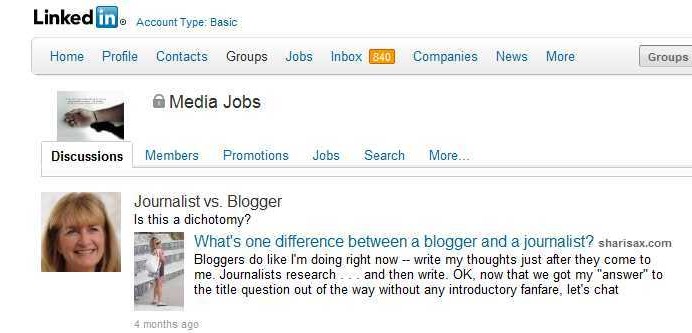 . . . a blog re-do is similar to a New Year’s Resolution, but in my case, I hope this intention sticks.
. . . a blog re-do is similar to a New Year’s Resolution, but in my case, I hope this intention sticks.
My previous post suggested that sincere commenters send me emails, and I received two:
A) Shari, I am glad you are blogging again. Also, I am pleased I signed up for your RSS feed long ago, because this post popped up in my reader. Look forward to future posts. Hope this comment works, since you seem to think commenting got eliminated? – Leora Wenger Web Designer and Developer
[Leora was one of the first great people I met online through my blog in 2009]
B) From: John Hunter
To: sharisax
Sent:Fri, Mar 27, 2015 02:12 AM
Subject: can’t add a comment
I tried to add a comment on http://sharisax.com/2015/03/22/how-to-re-do-a-blog-and-why/ but I just get a failure message “Requested Range Not Satisfiable”
What I wrote:“Good luck. Paying attention to old content is important and something people overlook almost constantly. I do occasionally make adjustments to categories and occasionally go back and add those to old posts (but most of the time I don’t get around to it, still I think doing it is wise).”
On Fri, Mar 27, 2015 at 5:45 PM, <sharisax@aol.com> wrote:
John, thanks so much for your comment. I will be adding comments like yours to future blog posts. There are actually TWO things going on regarding comments:
(1) apparently one of my plug-ins has caused a problem and so, in addition to going through my posts and categories and tags, I will need to check all the plug-ins AND figure out which ones I really need.
(2) Secondly, however, is the current conversation about commenting in general. Many bloggers have discontinued comments because they receive too many value-less spam messages AND there is the belief that the online conversation should be broader than simply with one person’s Blog — and if people have deep enough feelings about a topic, they need to post on their own sites and reference the “inciting” article.Now, in direct reference to what you said — which I will begin my post with — when I do go over those old posts, I plan to re-publish those with particular relevance these days . . . and make the relevant updates.
Thanks for taking the time to write.
Shari Weiss
John sent a subsequent comment:Yes, I certainly see the problem with no-value and spam comments. Good comments though really add value, I think.
Commenters: BRING THEM ON
simply email me: sharisax@aol.com
BTW: You might want to check out my third post about Blog Commenting and how to get your blog noticed — from six years ago














